Central bank's restrictive policy "strengthens dinar"
The rise of the Serbian currency against the euro over the past few days "mostlycomes as a consequence of the continued restrictive NBS monetary policy".
Tuesday, 14.08.2012.
09:20

BELGRADE The rise of the Serbian currency against the euro over the past few days "mostlycomes as a consequence of the continued restrictive NBS monetary policy". This is according to Professor Zoran Grubisic of the Belgrade Banking Academy, who also credited last week's decision of the central bank (NBS) to hike its key policy rate. Central bank's restrictive policy "strengthens dinar" The NBS policy affected the dinar to a considerable degree as the central bank extended the restrictive note, raised the reference interest rate and the dinar stake in the mandatory bank reserves, which affected the liquidity of the dinar and strengthened its value, he told Tanjug. The NBS Executive Board increased the reference interest rate from 10.25 to 10.5 percent on August 9. When asked about expectations when it comes to the value of the dinar in the coming months, Grubisic replied that pressures on the drop of the national currency should continue, having in mind the market conditions and the obligations which will mature by the end of the year. Obligations worth EUR 4.4 billion will mature by the end of the year, while EUR 3 billion would mature in the second half of the year, which will exert pressures on the value of the dinar, he noted. The policy which NBS would conduct is still unknown, as well as whether the tempo of budget revenue inflow which would influence this to a degree, Grubisic said. The dinar increased by 1.4 percent on Monday, thus setting the official middle exchange rate at RSD 117.1355. The Friday official middle exchange rate of RSD 118.7737 was valid over the weekend. In Tuesday, the currency strengthened by 0.4 percent - RSD 0.50 - with the official middle exchange rate at RSD 116.6368 for one euro, the National Bank of Serbia (NBS) announced. This year, the Serbian currency hit its lowest value, 119.0723, on August 9, while it was the strongest on January 11, when the average exchange rate was at RSD 103.6922 to the euro. Tanjug
Central bank's restrictive policy "strengthens dinar"
The NBS policy affected the dinar to a considerable degree as the central bank extended the restrictive note, raised the reference interest rate and the dinar stake in the mandatory bank reserves, which affected the liquidity of the dinar and strengthened its value, he told Tanjug.The NBS Executive Board increased the reference interest rate from 10.25 to 10.5 percent on August 9.
When asked about expectations when it comes to the value of the dinar in the coming months, Grubišić replied that pressures on the drop of the national currency should continue, having in mind the market conditions and the obligations which will mature by the end of the year.
Obligations worth EUR 4.4 billion will mature by the end of the year, while EUR 3 billion would mature in the second half of the year, which will exert pressures on the value of the dinar, he noted.
The policy which NBS would conduct is still unknown, as well as whether the tempo of budget revenue inflow which would influence this to a degree, Grubišić said.
The dinar increased by 1.4 percent on Monday, thus setting the official middle exchange rate at RSD 117.1355.
The Friday official middle exchange rate of RSD 118.7737 was valid over the weekend.
In Tuesday, the currency strengthened by 0.4 percent - RSD 0.50 - with the official middle exchange rate at RSD 116.6368 for one euro, the National Bank of Serbia (NBS) announced.
This year, the Serbian currency hit its lowest value, 119.0723, on August 9, while it was the strongest on January 11, when the average exchange rate was at RSD 103.6922 to the euro.










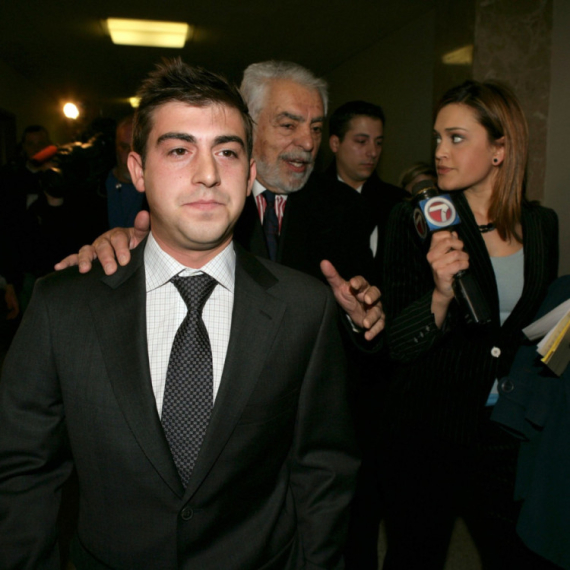
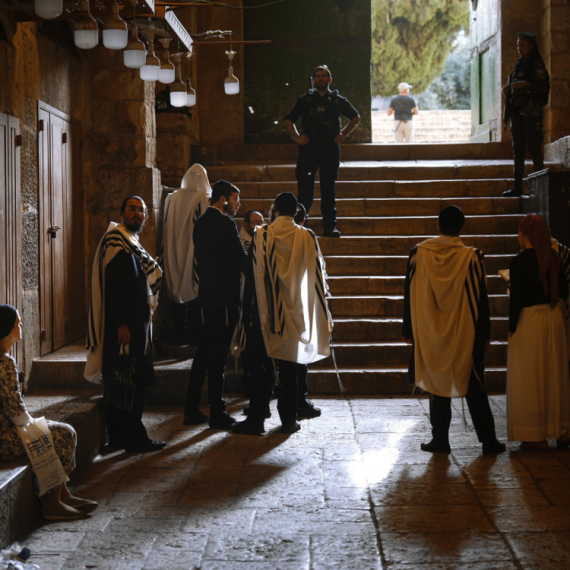
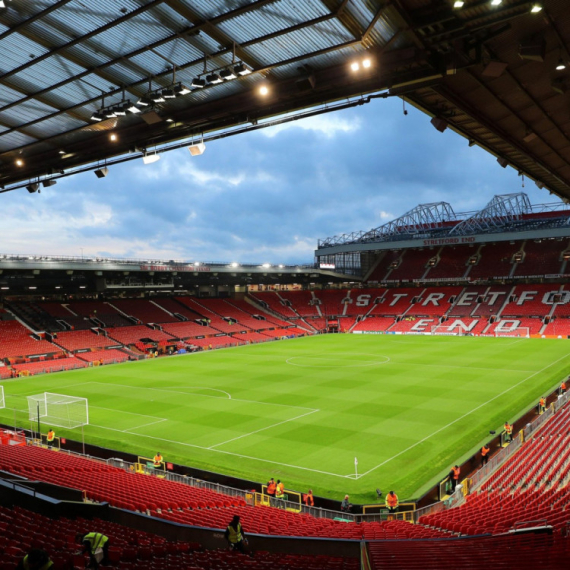

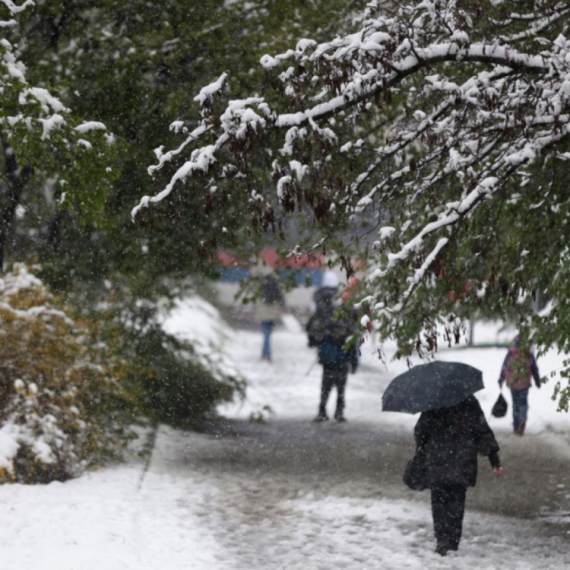
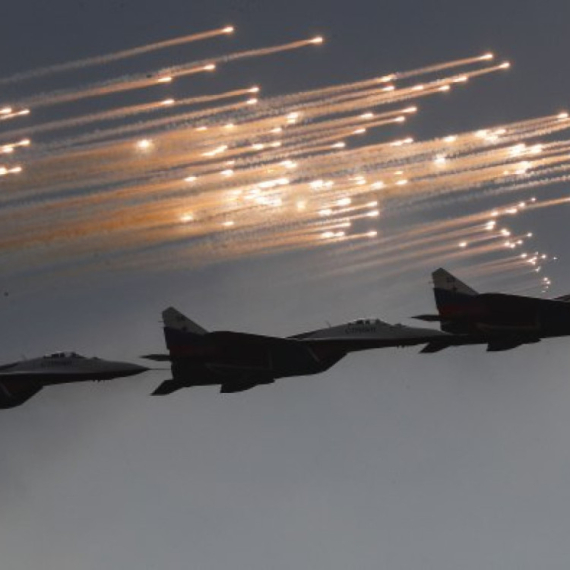































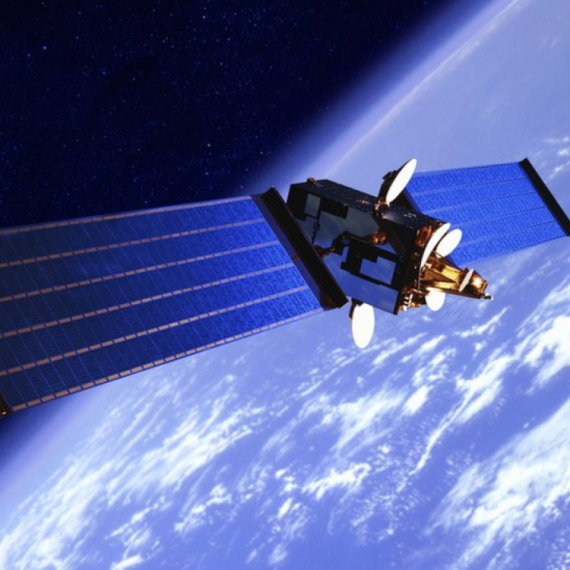
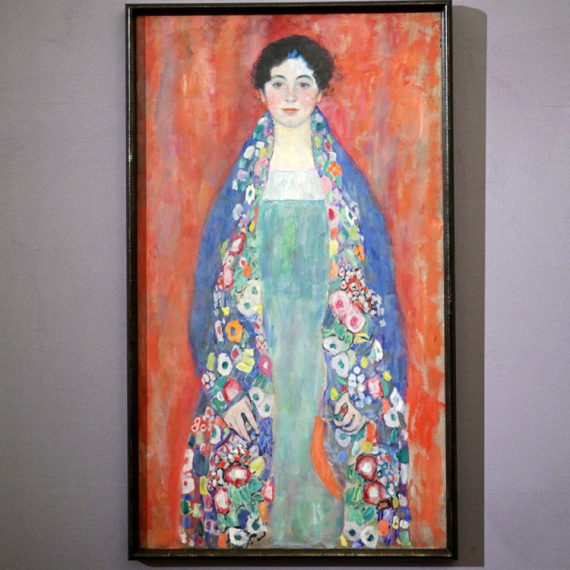
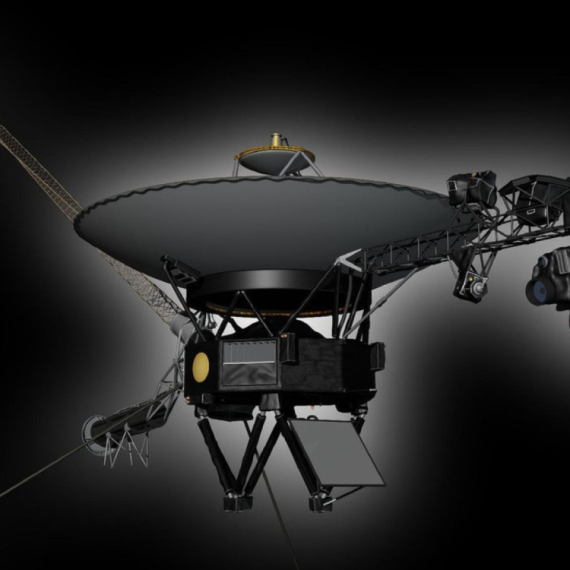



Komentari 0